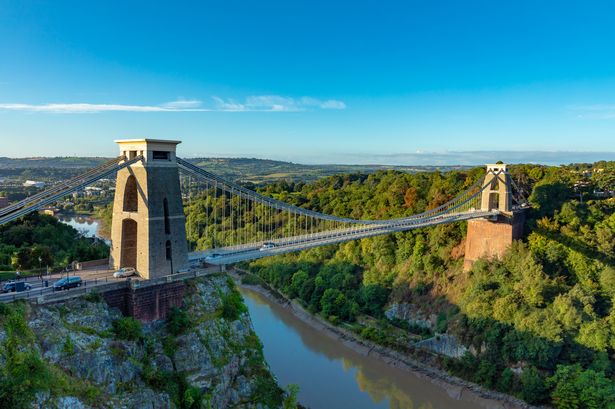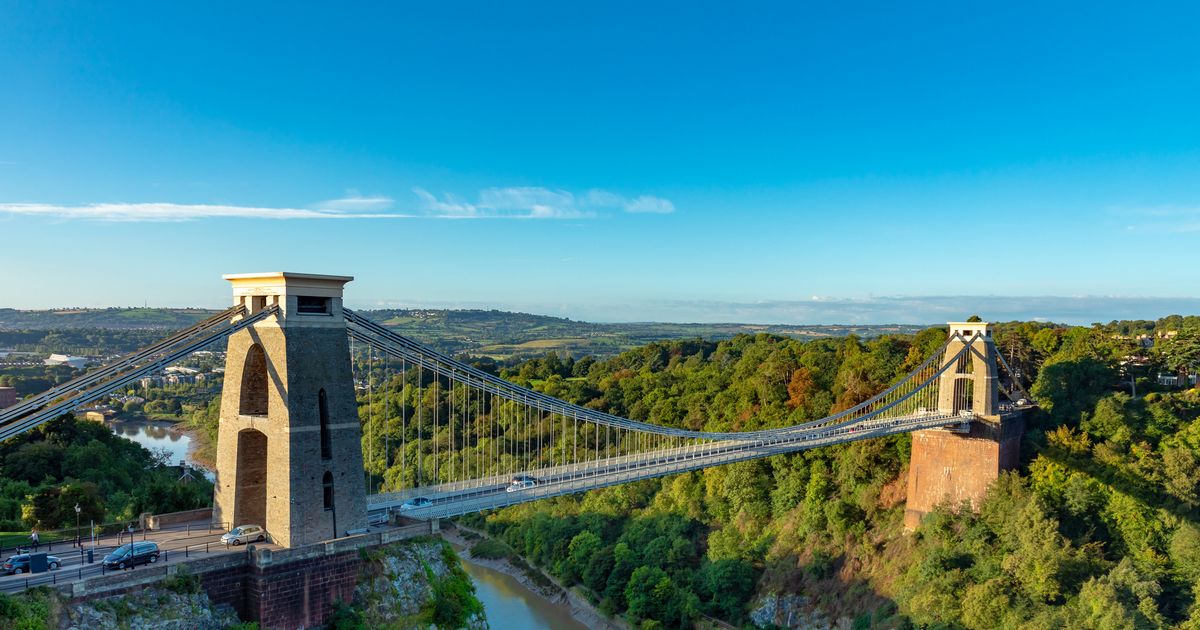There has been increased human activity on the Downs since the pandemic
Gabriel Shepard Assistant Head of Print
16:00, 06 Jun 2025
 Clifton Suspension Bridge over the Avon Gorge(Image: Getty)
Clifton Suspension Bridge over the Avon Gorge(Image: Getty)
The delicate ecosystem of the Avon Gorge is in peril due to increased human activity on the Downs since the pandemic.
That is the verdict of a new scientific study which is urging authorities to act now by enforcing byelaws to prevent fires, camping and fly-tipping.
Without doing so, its authors say, the gorge – home to critically endangered flora and fauna – is at risk of losing its status as a Special Area of Conservation (SAC) and a Site of Special Scientific Interest (SSSI) which could have wider implications on the city.
The report, written by Anna Stevens, states: “In recent years, particularly since 2020, Clifton Down has experienced an exponential rise in human activity, much of which falls outside traditional recreational uses.
“This includes van dwellers establishing semi-permanent residences, increased littering, and other unsanctioned activities such as fires and tent camping.
“These pressures have prompted concerns among conservationists about the long-term ecological sustainability of Clifton Down and its vital role in supporting the Avon Gorge’s ecological network.”
To assess the potential impact of human activity a team conducted field studies over a four-week period during peak pollination season.
They found a “stark” difference in pollinator diversity in “high human impact zones” and said findings underscored the “indispensable role” of Clifton Down in maintaining the ecological network that supports the rare and protected species of the Avon Gorge.
“Human activities, if left unmanaged, threaten to disrupt this delicate balance, with potentially far-reaching consequences not only for local biodiversity but also for the conservation status of the entire area,” they added.
Ms Stevens concluded: “Any degradation at Clifton Down, therefore, is highly likely to have a direct impact on the Avon Gorge, particularly concerning the reproduction of Sorbus and Allium sphaerocephalon species.
“The potential loss of pollinator populations due to human impact on Clifton Down poses a significant threat to these species, which in turn could jeopardise the Avon Gorge’s SAC and SSSI statuses, as these are significantly related to the presence of these rare plants species.
“Any such loss of designations will have an impact on the city’s status. Without these contributing to its overall appeal, Bristol may become a less favoured city: to live in, leading to economic instability; for tourists to visit, leading to a lack of income; and for business to establish and invest in, leading to loss of financial investment.”
The report will be discussed by the Downs Committee next week.
In addition to rigorously enforcing byelaws to prevent unauthorised camping, fires and dumping, the report makes a number of recommendations.
These include moving picnic benches to areas which are less important to nature, running public information campaigns and developing long-term strategies to mitigate problems.
